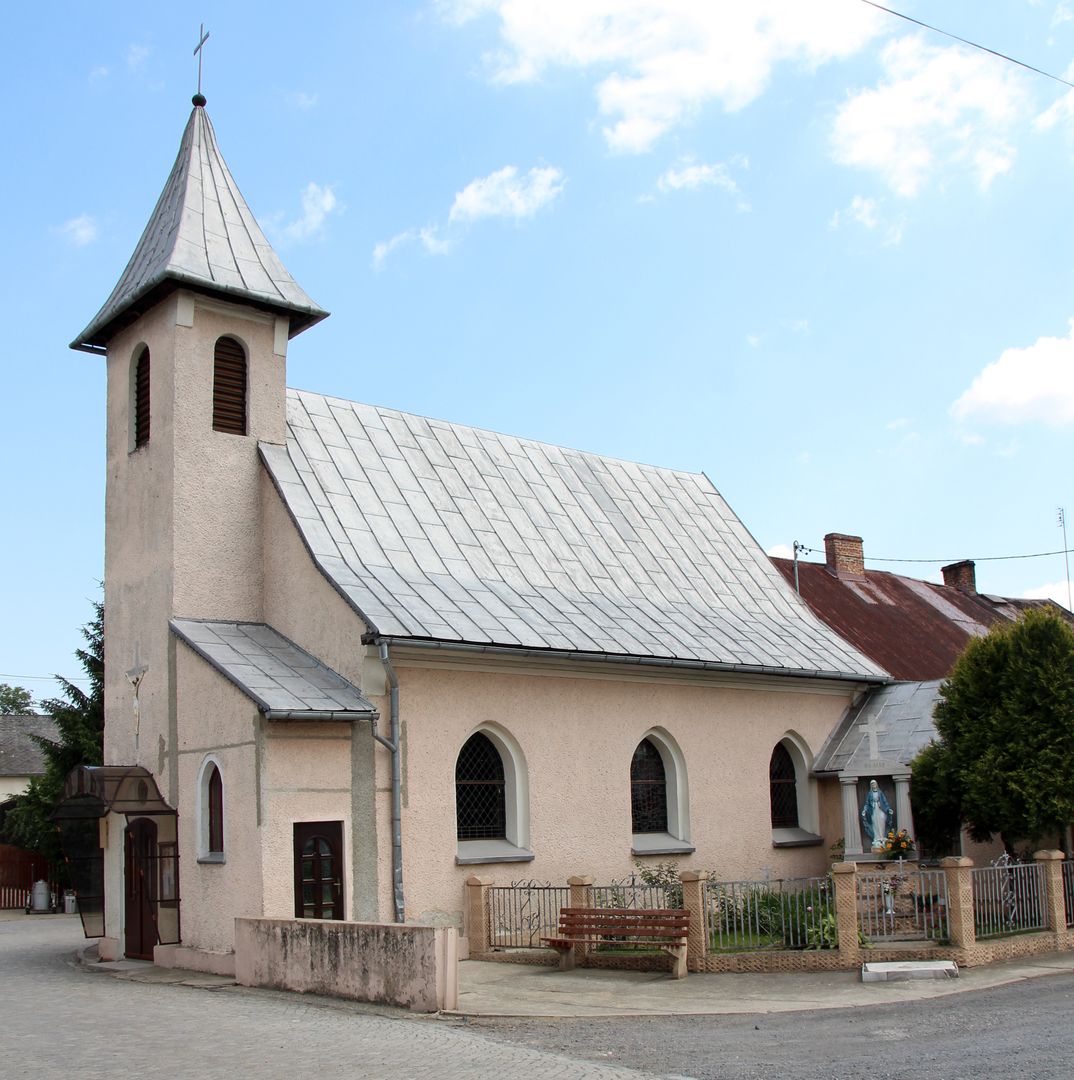Jasiona
6.48

Overview
Jasiona is a village in the Opole Voivodeship, located in the Prudnik County, historically associated with Upper Silesia. It is characterized by its agricultural nature, with dominant crops such as sugar beets, potatoes, and corn, as well as a diverse landscape featuring charming hills and the Prudnik River flowing through it. The village boasts a rich history dating back to the 13th century, when it was first mentioned as Jassona, originally having Polish-Slavic roots. In the 18th century, a paper mill operated in the area, along with a brickyard near the Prudnik-Dytmarów road. Notable architectural landmarks in Jasiona include a rural layout from the 13th century, several residential buildings, and the Church of the Blessed Virgin Mary from 1900. The village hosts traditional processions, harvest festivals, and various cultural events such as May Day celebrations and Women's Day. After World War II, Jasiona became a settlement for repatriates from the Eastern Borderlands and people from central Poland, which significantly influenced its community. Modern village life is dominated by the Agricultural Production Cooperative and local service enterprises. The village has good transport connections to nearby towns, supporting the development of tourism, including cycling infrastructure. As an area with a rich history, Jasiona is also surrounded by a border zone with additional security regulations. Among the people associated with Jasiona is Tadeusz Kukiz, a well-known doctor and promoter of local history.
Location
City
Prudnik Deanery
Tertiary Administrative Division
Lubrza
County
Prudnik County
State
Opolskie Voivodeship
Country
2026 Wizytor | All Rights Reserved